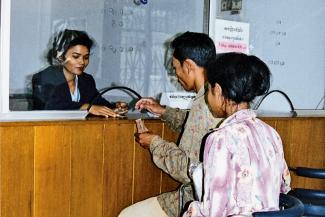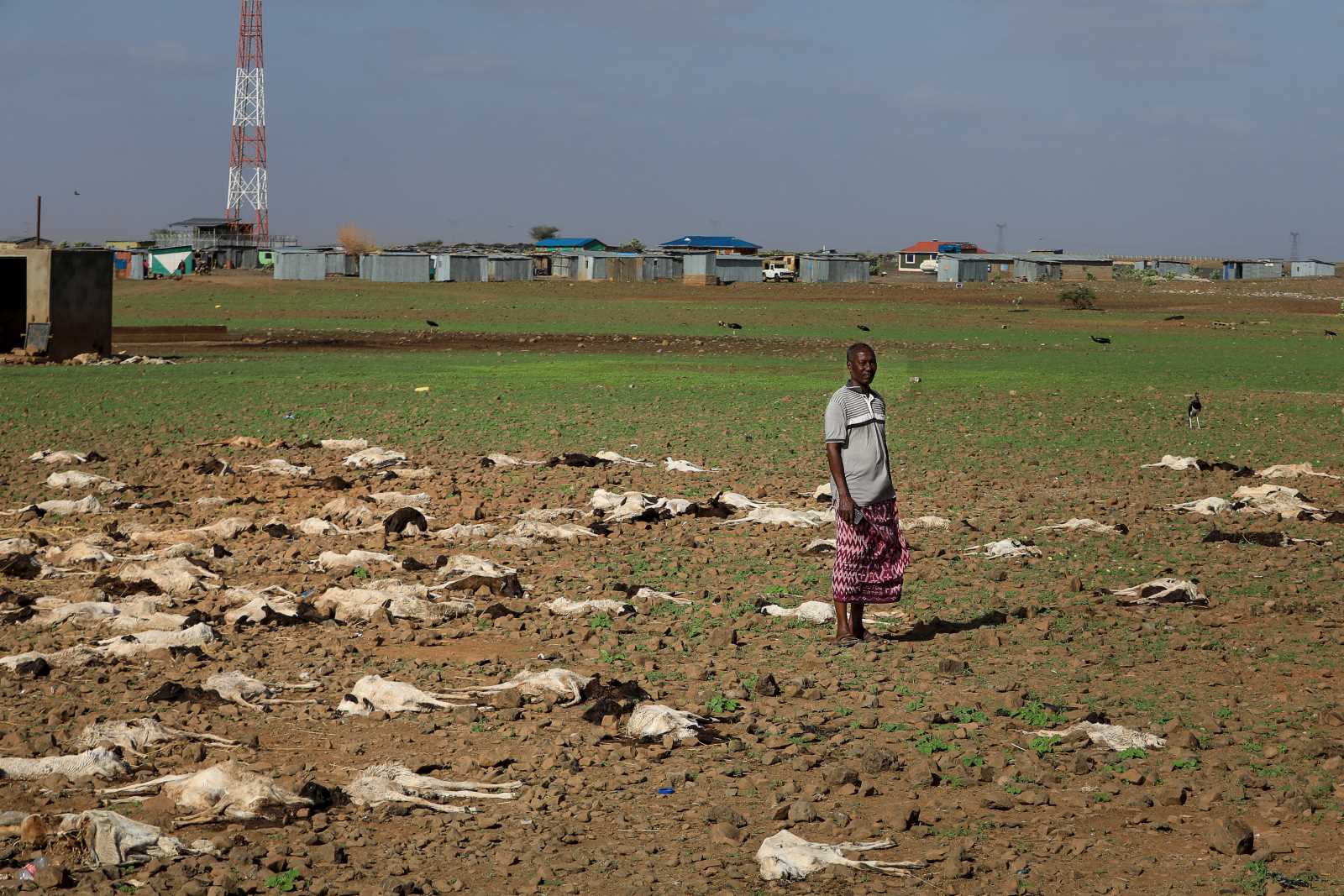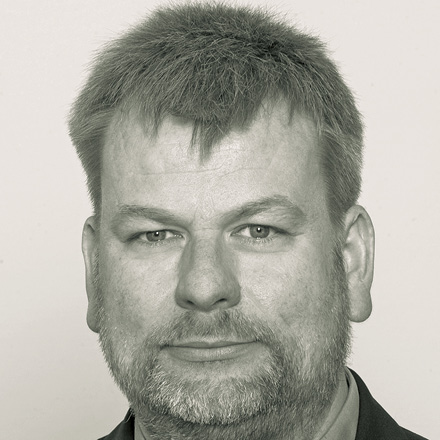Institutions
From NGO to commercial bank

Acleda’s success story started in 1993, when it helped war victims – displaced persons, widows or former combatants – get back on their feet by handing out microcredits. In 1998, the non-governmental organisation became a formal-sector bank. It stayed in the microfinance business, but expanded into other areas as well. In 2003, it obtained a universal banking licence. Acleda grew fast and soon offered a broad portfolio of diverse services to microbusinesses, small and medium-sized enterprises and private clients.
In 2000, four international development financiers became Acleda shareholders to boost the bank’s development. The new shareholders were the World Bank Group’s International Finance Corporation (IFC), the Dutch development bank FMO, the sustainability bank Triodos and German DEG (Deutsche Investitions- und Entwicklungsgesellschaft), which belongs to the KfW banking group. Thanks to its member on the Acleda board, the DEG had an impact on the company’s development. Acleda grew fast, as is evident in its total assets, which were worth $ 22 million in 2000 and expanded to $ 1.2 billion within a decade. Acleda got the best grades in the project rating DEG uses to assess the quality of its investments.
The bank offers good job opportunities to university graduates, and it reaches out to the poorest sections of society. Half of its clients are farmers, whose livelihoods – thanks to the bank’s services – are now less exposed to risks like harvest failures or accidents. Acleda is doing classical banking, collecting deposits from savers, lending money and charging an interest rate. Complex business models such as betting on options do not play any role.
In the meantime, DEG has sold its shares in Acleda with a profit. DEG is now supporting Acleda’s further growth by granting long-term loans. Acleda wants to expand beyond Cambodia and has opened its first branch offices in Laos. The bank’s culture is still marked by the courage of its founders who dared to start a financial-service provider in Cambodia when the country had neither a formal financial sector nor laws to regulate it. Today, bankers from all over the world are being taught at Acleda’s training centre, which enjoys support from KfW development bank.
Acleda currently has 234 branch offices and 7000 staff members. With a focus on serving SMEs, the bank is handling 785,000 bank accounts and currently has 265,000 outstanding loans. Anja Strautz, DEG















